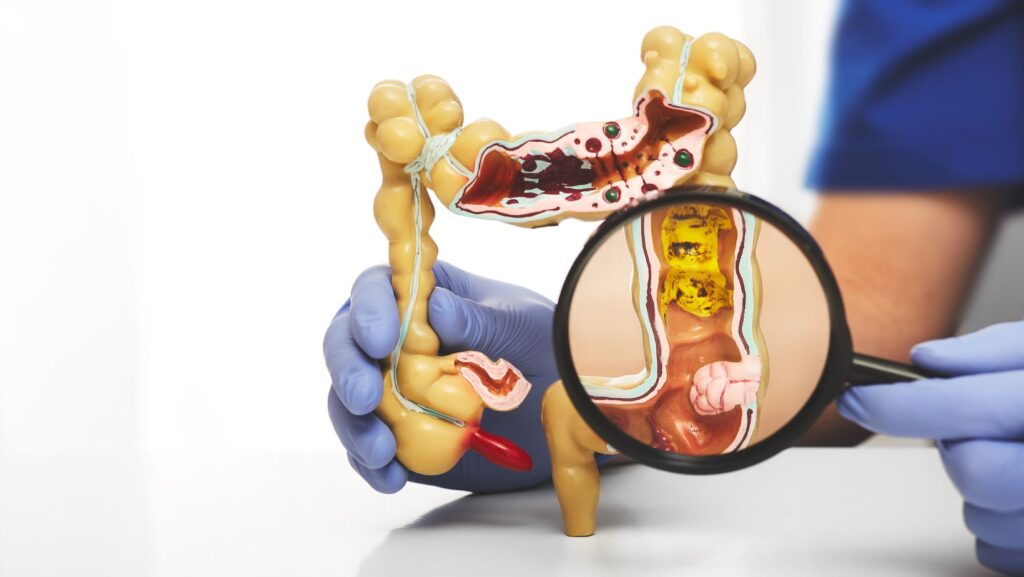Colon hydrotherapy, often referred to as colonic irrigation, involves flushing the colon with water to remove waste and toxins. Advocates believe it offers various health benefits, while critics point out potential risks. This article examines both sides to help you make an informed decision.
Potential Benefits
1. Improved Digestive Function
Supporters claim that colon hydrotherapy can enhance digestive health by clearing out waste that may be stuck in the colon. This could lead to better nutrient absorption and more regular bowel movements.
2. Increased Energy Levels
Some people report feeling more energetic after the procedure. The theory is that removing toxins allows the body to focus energy elsewhere, potentially boosting overall vitality.
3. Relief from Constipation
For those struggling with constipation, colon hydrotherapy might offer immediate relief by eliminating hardened waste material.
4. Enhanced Immune System
A clean colon may help the body’s natural detoxification processes, possibly strengthening the immune system.
5. Weight Loss
The removal of excess waste can result in temporary weight loss.

While not a long-term solution, it might kick-start a weight loss journey.
Potential Risks
1. Dehydration
Flushing the colon can lead to significant fluid loss, which may cause dehydration if not properly managed.
2. Electrolyte Imbalance
The procedure might disrupt the balance of electrolytes like sodium and potassium, leading to symptoms such as muscle cramps or irregular heartbeat.
3. Risk of Infection
If the equipment used isn’t properly sterilized, there’s a chance of introducing harmful bacteria into the colon.
4. Bowel Perforation
Although rare, there’s a possibility of a tear in the colon wall, which is a serious medical emergency requiring immediate attention.
5. Dependency
Regular use of colon hydrotherapy might weaken the colon’s natural ability to evacuate waste, leading to dependency on the procedure.
Lack of Scientific Evidence
While anecdotal reports suggest various benefits, there’s limited scientific research to back up these claims. The body is naturally equipped to eliminate waste, and most medical professionals agree that a healthy diet high in fiber is sufficient for maintaining colon health.
Who Should Avoid It
Certain individuals should steer clear of colon hydrotherapy, including those with:

- Heart or kidney disease
- Gastrointestinal conditions like Crohn’s disease or ulcerative colitis
- Severe hemorrhoids
- Recent colon surgery
- Diverticulitis
Consult a Healthcare Provider
Before considering colon hydrotherapy, it’s important to talk to a medical professional. They can provide personalized advice based on your health history and current condition.
Conclusion
Colon hydrotherapy presents a mix of potential benefits and risks. While some people feel better after the procedure, others may experience adverse effects. Careful consideration and professional medical advice are essential before deciding if it’s the right choice for you.
